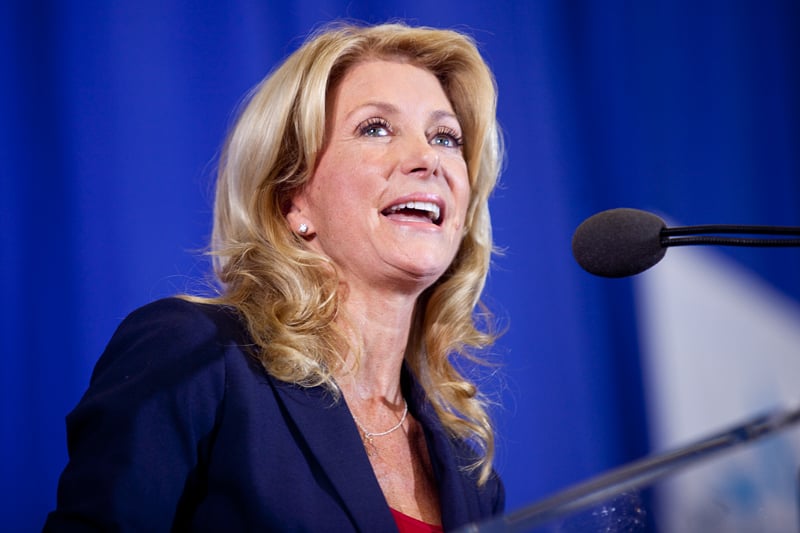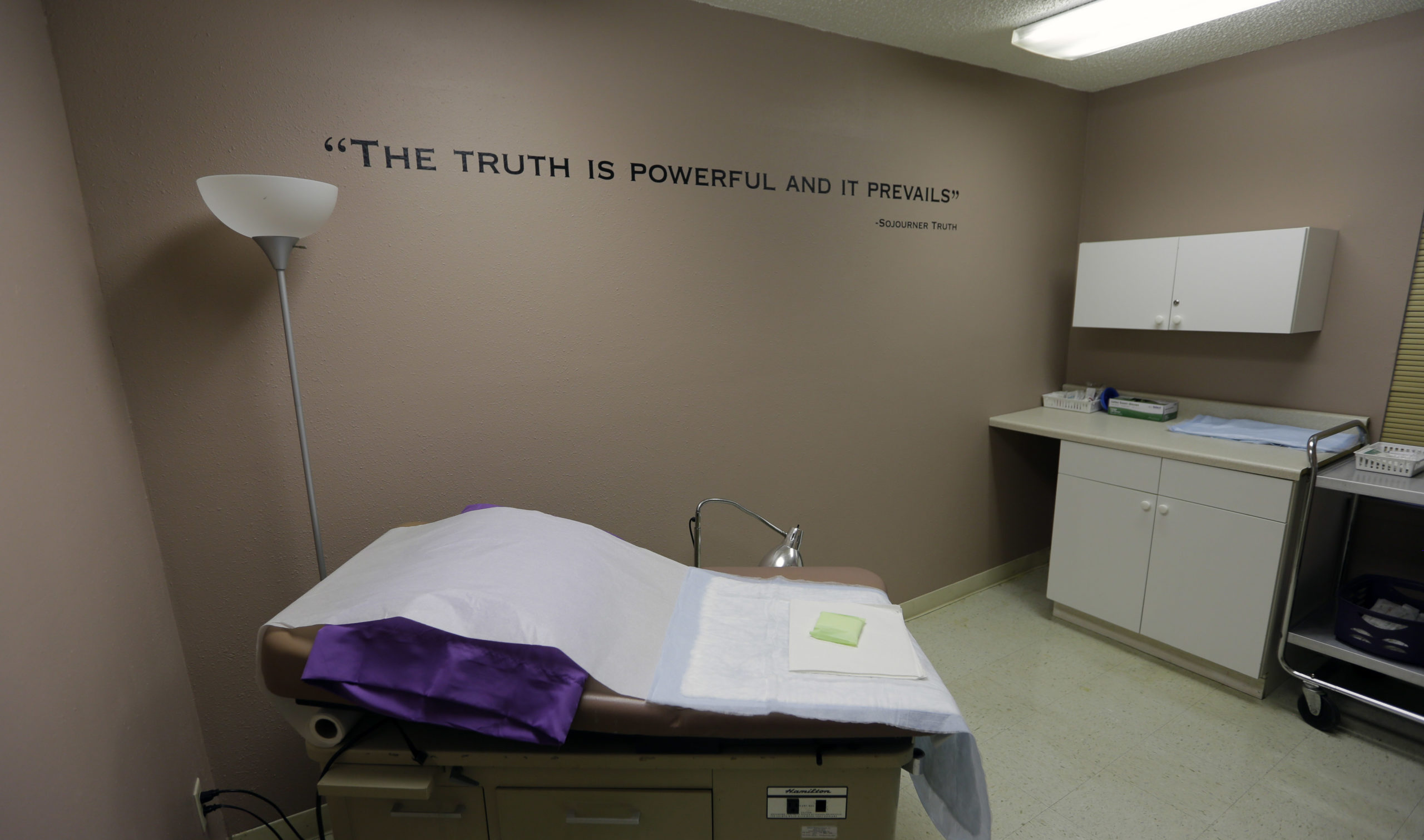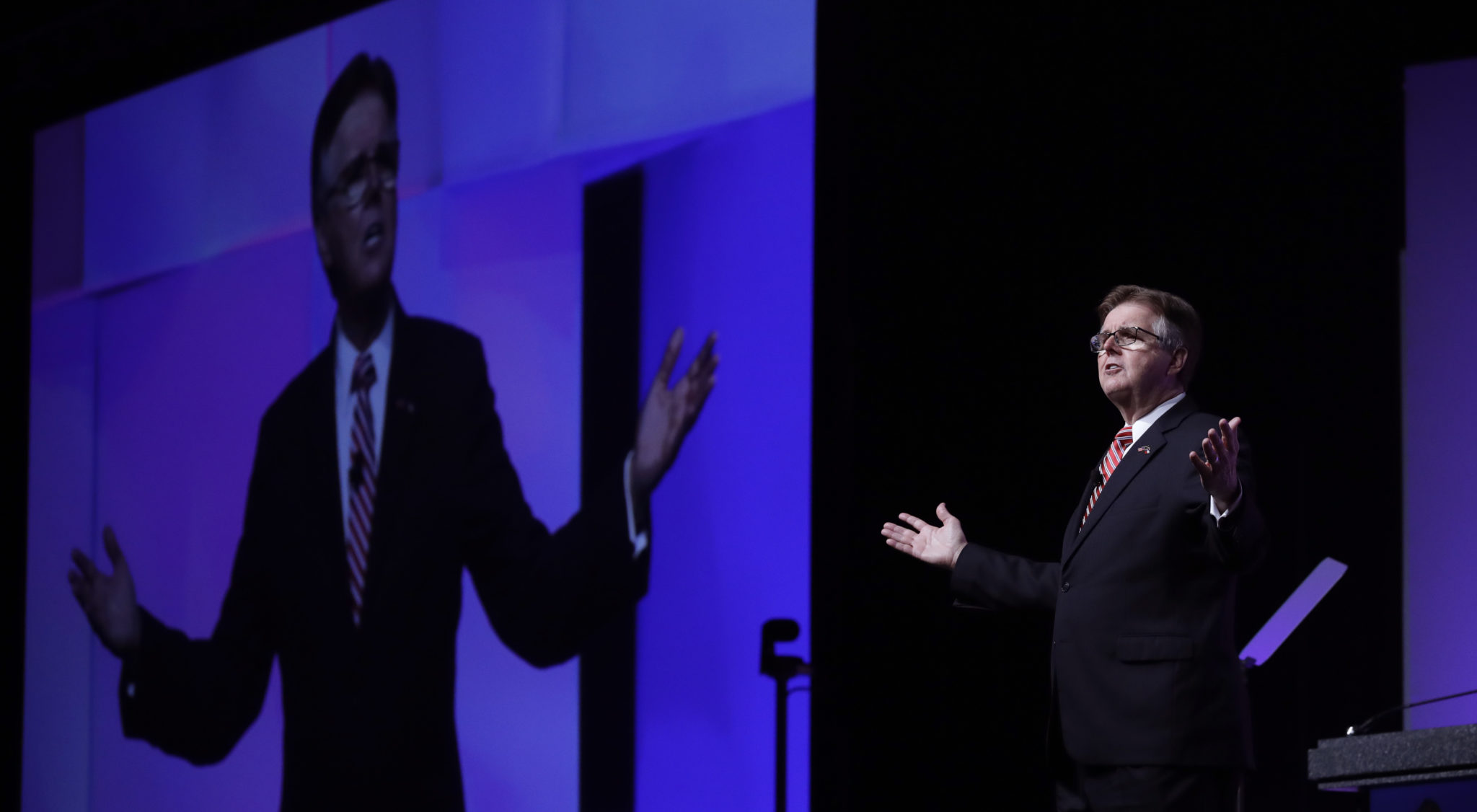
Wendy Davis Needs to Be a Hero Again

A version of this story ran in the August 2014 issue.
Above: Wendy Davis
In July, Wendy Davis went on a seven-city campaign tour to call attention to Greg Abbott’s “decision to keep explosive chemical locations secret from parents.” In case you weren’t following along, Abbott decided in May to block public access to information about hazardous chemicals stored at certain facilities, including fertilizer plants like the one that exploded in West last year. Quizzed by reporters later, Abbott said citizens need only “drive around” their neighborhoods and ask companies for the information. It was a hilarious and stupid thing to say. One imagines weary moms and dads packing the kids into the car after a long day: “Dinner will have to wait, kids. We’ve got a full tank of gas and a long list of light-industrial facilities to cruise.”
Reporters and political wags had a field day with it. Local TV crews visited industrial sites, cameras in tow, to show the absurdity. Rachel Maddow ran a 22-minute segment on the issue. The Observer sent letters to chemical facilities, asking for a list of chemicals reported on what are called Tier II forms—two of the four fertilizer plants we contacted refused. “Who the hell is Greg Abbott?” one owner asked us.
Davis decided to make it a major issue. Ahead of her tour, she announced a proposal to strengthen the Texas Community Right to Know Act, the primary law requiring businesses to disclose the location and quantity of certain dangerous chemicals.
There’s no doubt that Abbott screwed up. And you can’t fault Davis for seizing on the issue. How could she not? The media jumped all over the story because nothing pisses off the press like being denied access to information. But while Davis’ emphasis on a fairly obscure issue—We Want Our Tier II Reports!—generated headlines and won a few news cycles, it seems unlikely to excite the electorate, much less bring to an end two decades of losses for Texas Democrats.
It’s part of a larger pattern for Davis. Her campaign has been largely reactive, keying off Greg Abbott’s mistakes rather than articulating a vision for Texas. For long stretches, the Davis campaign has talked about little more than the latest outrage from Abbott’s supporters: In May, a Republican woman in Midland paid a California artist to design a grotesque poster depicting Davis as a pregnant “abortion Barbie.” The campaign sent out no fewer than five Buzzfeed-style fundraising emails about that. It’s the kind of minor outrage inducement that an Internet-saturated generation is addicted to, but it wears off fast.
On women’s health and abortion—the issues that launched Davis into the political stratosphere—she’s said little. At an event celebrating the one-year anniversary of her filibuster, Davis barely mentioned a woman’s right to choose. Worse, her campaign attempted to reinvent her filibuster as a fight against “Austin insiders.”
It is understandable that Davis hasn’t made abortion—or even women’s health—a cornerstone of her campaign. This is Texas, after all, and it’s wise for a Democrat to run on issues that are more unifying. But why not a seven-city tour on, say, Medicaid expansion? Expanding Medicaid under the Affordable Care Act will not only save lives and put more than a million Texans on health insurance, it’s a terrific deal for the state. The feds will pay 90 percent of the cost. By rejecting the expansion, Rick Perry and Abbott are leaving $100 billion on the table, according to recent estimates.
It’s good politics too—even if Republicans start hollering about “Obamacare.” (They will anyway.) Democratic governors in some red states, like Kentucky, have made Obamacare a winning issue. In Arkansas, Gov. Mike Beebe—one of the most popular governors in the nation—got a Republican-controlled Legislature to sign off on a Medicaid model that uses federal dollars to help people buy private insurance. That’s the same basic idea touted by some Republicans in the Texas Legislature. Polls, including one by Rick Perry’s own pollster, also show that a solid majority of Texans favors expanding Medicaid.
Davis, when asked recently by MSNBC’s Chris Hayes, was unequivocal in her support (“I absolutely do”) for Medicaid expansion. And in mid-June, she unveiled her economic development plan, which included Medicaid expansion. But otherwise she’s rarely discussed health care so far. The word “Medicaid” doesn’t appear once on her campaign site.
Democratic strategists I spoke with cautioned that it’s still early in the campaign; that the Davis grassroots effort feels and sounds different than the “messaging” in the media; and that her team has been frustrated by the media’s indifference to her policy ideas.
As Paul Burka of Texas Monthly has pointed out, if she made it a central issue she’d have the doctors on her side, the hospitals, and much of the business community, not to mention local governments and—most important—millions of Texans who would see the benefits of healthier families.
Maybe I’m naive, but I like to think that this is the kind of alternative that Texans fed up with the tea party, and with “Austin insiders,” are craving.
Forget about the policy merits for a moment. Davis needs to find a way to be a hero again. Right now, she’s a focus-grouped, poll-tested, highly mediated, stage-managed candidate running a somewhat moribund campaign. I’m aware that it’s almost cliche for a journalist to call for a candidate to “be herself” or “take off the gloves” but Davis is no ordinary candidate. To many, she’s Wendy, the inspiring and brave woman who put her body on the line and stood up to a bunch of bullies. Where did that Wendy go?


